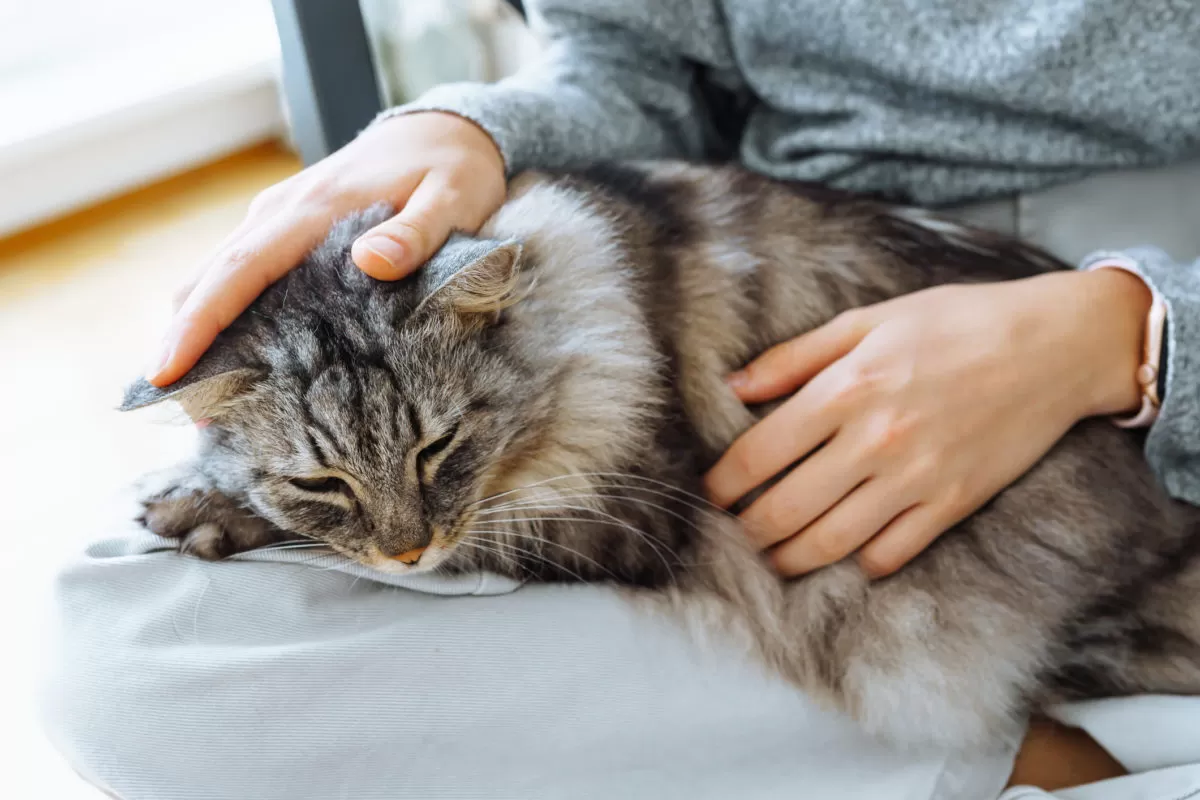
We all want the best for our feline family members. However, giving them a pill can be a major challenge. If you are a cat owner, you’ll agree that cats are quick, have built-in weapons, and surely have the potential to hide for days at a time. Most cat owners are able to stick with a week or two of medication. When it becomes a lifelong thing, it isn’t less than a nightmare. Luckily, compounded meds for treating hyperthyroidism in cats can save the day for you and your fur baby.
What are Cat Compounded Medications for Cats?
These are essentially custom formulations for the existing drugs that are formulated by a compounding pharmacist. Compounding pharmacies either create these drugs from commercially available FDA-approved medications or via raw ingredients. These medications are usually prescribed if none of the existing meds suit your pet’s unique requirements, the drug isn’t available anymore, or your pet refuses to take a particular medication orally. The process usually involves eliminating the allergen from the meds, changing the concentration of the drug, mixing it with other medications, adding flavor to the drugs, and altering the dosage.
One of the most common goals for treating hyperthyroidism in cats with compounding medications is because of easier administration. In most cases, the tablets are transformed into liquids, chews, and quick dissolving tablets. Sometimes, the oral medication is transformed into a transdermal gel that helps the product get absorbed through the skin to produce systemic effects.
Uses of Compounded Medication in Cats
Cats are highly sensitive creatures that respond to stress with physical or behavioral problems: bladder inflammation, runny eyes and nose, sneezing, and peeing outside their designated space. Wrestling your cat into taking the pill is not only stressful for the cat but can also take a toll on your mental health. If your cat is dealing with hypothyroidism, you need to give them medication every single day of their life. Long-term pill wrestling could damage the bond between you two and cause health problems for your cat. In order to keep your pet happy and healthy, a compounding pharmacist will create an easy-to-administer version of the medication that your pet accepts readily.
A lot of medications for hypothyroidism are available in human-sized doses. It is impossible to reasonably cut the tablet into one, eight, or sometimes even smaller. Therefore, when it comes to treating hyperthyroidism in cats, it calls for compounding. The compounding pharmacist can formulate liquids, chews, capsules, and transdermals as per the customized dosage.
Common Compounding Formulations in Cats
Liquids and transdermals are the most popular medication formulations for cats. Most cats are notoriously difficult to pill, and the struggle leads to missed dosage and a poor relationship between the owner and the cat. Liquids and transdermals are a low-stress alternative that can work wonders if your cat is dealing with hyperthyroidism.
The pharmacist can customize a liquid concentration for the hyperthyroidism medications. Any other medication can be made using a similar principle. Crushing pills and feeding them to your cat isn’t always the answer, as the pills are bitter tasting. With compounding, flavoring can be added to improve the flavor of the existing meds.
Transdermals are amazing solutions for cats who refuse to take anything by mouth and can suspect something shady in their food too. The treatment involves a measured amount of gel/cream that is rubbed onto the hairless skin where blood vessels can quickly absorb the meds. It is typically near the ear flap.
In some cats, skin redness and inflammation occur on the administration site, but usually, the benefits outweigh the risks for cats. Not all drugs can be adequately absorbed through the skin barrier. That is why compounding pharmacists work with the vet to opt for the perfect course of action.
Common Conditions in Cats that Can be Treated with Compounded Medication
The following common conditions in cats can be treated with compounded meds (compounding can help a lot of other medical conditions as well, we have shared the most common ones):
Diarrhea
Metronidazole is an antibiotic that is used to treat diarrhea in both liquid and mini-tablet form.
High Blood Pressure
It involves determining the underlying causing and working on that. Regardless, daily medication is often needed to keep the blood pressure in a normal range. Compounding pharmacists can convert Amlodipine and benazepril into a liquid form for long-term usage.
Hyperthyroidism
In most cases, your cat will need a daily medication called methimazole. It is commercially available, but most cats refuse to take any medication orally and generally respond well to liquid formulations and transdermals. Compounding can help with this, along with adjusting the dosage.
Behavior Problems
Fluoxetine, alprazolam, and gabapentin are commonly used to stress and anxiety-related problems in cats. Transdermals is the best course of action in this regard.
Is Treating Hyperthyroidism in Cats with Compounding Meds Safe?
Yes, they are completely safe when you are working with a reputable compounding pharmacy. These medications are prepared to keep in mind the FDA guidelines for manufacturing practices. Not only this, but they are also highly effective as well. Unlike conventional medications, these are customized to the unique needs of your cat. This greatly improves efficacy and minimizes the risk as well.
When you are selecting a veterinary compounding pharmacy, always look for an accreditation from the Pharmacy Compounding Accreditation Board. It ensures the pharmacy meets certain established standards, and you surely don’t want anything less for your beloved cat who is not feeling well already. Medication administration doesn’t have to be stressful for you or your pet, and it shouldn’t damage the bond between you too. If you need any further information regarding compounding treatment options for hyperthyroidism in cats, feel free to reach out to us, and we would love to guide you.

 info@burtsrx.com
info@burtsrx.com
